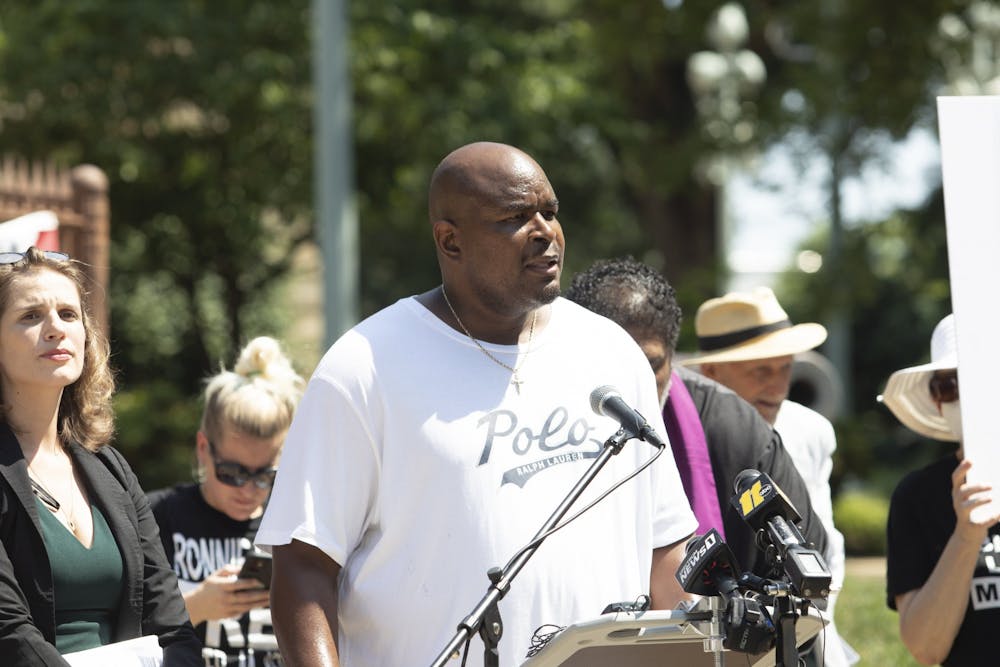On Nov. 12, Gov. Roy Cooper granted a pardon of innocence for Montoyae Dontae Sharpe after Sharpe was wrongfully convicted of murder in 1995 and spent 24 years in prison.
“Mr. Sharpe and others who have been wrongly convicted deserve to have that injustice fully and publicly acknowledged,” Cooper said in a Nov. 12 press release.
In 1994, George Radcliffe was found shot to death in a pickup truck in Greenville, North Carolina, according to the National Registry of Exonerations. During the investigation, police interviewed Charlene Johnson, who had turned 14 years old a month after the shooting. Johnson had also recently been discharged following a three week-long voluntary commitment to a psychiatric ward.
Soon after Johnson’s statement to the police, 19-year-old Sharpe was arrested and charged with first-degree murder.
Sharpe's arrest and charge occurred despite there being no forensic evidence tying Sharpe to the crime scene and Sharpe having two alibi witnesses — an aunt and the aunt's neighbor, who said Sharpe was visiting them during the time Radcliffe was shot.
While in prison, Sharpe was offered plea deals but he continued to maintain his innocence.
Sharpe was released from prison on Aug. 22, 2019. His charges were dropped, but he was not granted a pardon of innocence. This meant his record could not be cleared and he could not apply for restitution from the government.
“A pardon of innocence is a formal recognition that the person is actually innocent and therefore their conviction and their incarceration was wrongful," Theresa Newman, one of Sharpe’s lawyers, said. "That has a very profound effect on the person who receives it, and it had a very, very profound effect on Mr. Sharpe.”
Newman said Sharpe's case drew significant public attention and that several organizations called on Cooper to grant his innocence.




